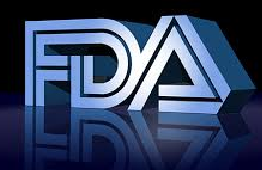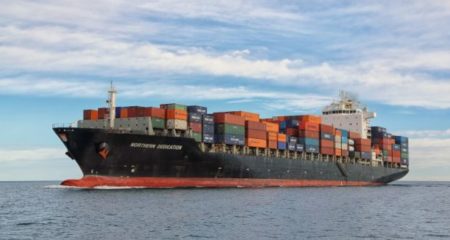FDA announced a new strategy to modernize oversight of imported foods
 The U.S. imports about 15% of its overall food supply from more than 200 countries or territories. Over the past 15 years, a trend of rising imported foods was observed. Foreign countries now supply about 32% of the fresh vegetables, 55% of the fresh fruit and 94% of the seafood that Americans consume.
The U.S. imports about 15% of its overall food supply from more than 200 countries or territories. Over the past 15 years, a trend of rising imported foods was observed. Foreign countries now supply about 32% of the fresh vegetables, 55% of the fresh fruit and 94% of the seafood that Americans consume.
The FDA announced its new strategy designed to meet four goals in modernizing the oversight of foods imported to the US:

Foreign Supplier Verification Program
- Preventing food safety problems in the foreign supply chain prior to entry into the U.S.
FDA will take new steps to assure that imported foods meet the same standards as US foods. This will include risk-informed prioritization of foreign firms for inspection of facilities. FDA also initiated the Foreign Supplier Verification Program (FSVP) as part of FSMA, requiring importers to verify that the supplies meet US food standards.
- Effectively detecting and refusing entry of unsafe foods
This will be accomplished by auditing foreign suppliers by accredited auditors. Additionally, Qualified Importer Program (VQIP) will allow importers a fast track into the country while providing the FDA data and intelligence that will help FDA to plan oversight activities. FDA will update its import screening and review processes at the US border by utilizing Predictive Risk-based Evaluation for Dynamic Import Compliance Targeting (PREDICT). This is an automated import screening tool that helps to identify high-risk shipments of food offered for import. The tool will be optimized with the incorporation of additional data thereby enhancing its ability to catch issues before the food makes its way into the US.
FDA will update its import screening and review processes at the US border by utilizing Predictive Risk-based Evaluation for Dynamic Import Compliance Targeting (PREDICT). This is an automated import screening tool that helps to identify high-risk shipments of food offered for import. The tool will be optimized with the incorporation of additional data thereby enhancing its ability to catch issues before the food makes its way into the US.
- Responding quickly when the FDA learns of unsafe imported foods
To meet this goal, the FDA will use data from multiple sources to optimize the use of physical examination and to develop strategic and targeted surveillance sampling that targets the highest-risk products for sampling. The FDA is committed to decreasing their response time to food safety incidents, by using its mandatory recall authority, import alerts and improved information sharing with regulatory partners as appropriate.
- Measuring our progress to ensure that our imported food safety program remains effective and efficient.
The FDA plans to assess the performance of imported food safety activities and take additional steps to improve performance based on those assessments.
The FDA plans to avoid conducting separate inspectional oversight in countries that are already using a strong regulatory system. This will allow the FDA to prioritize their inspection and border screening activities on foods imported from higher-risk areas. Currently, Canada, New Zealand and Australia have been recognized as comparable under the systems. The FDA is currently working with the European Union on a mutual assessment.
